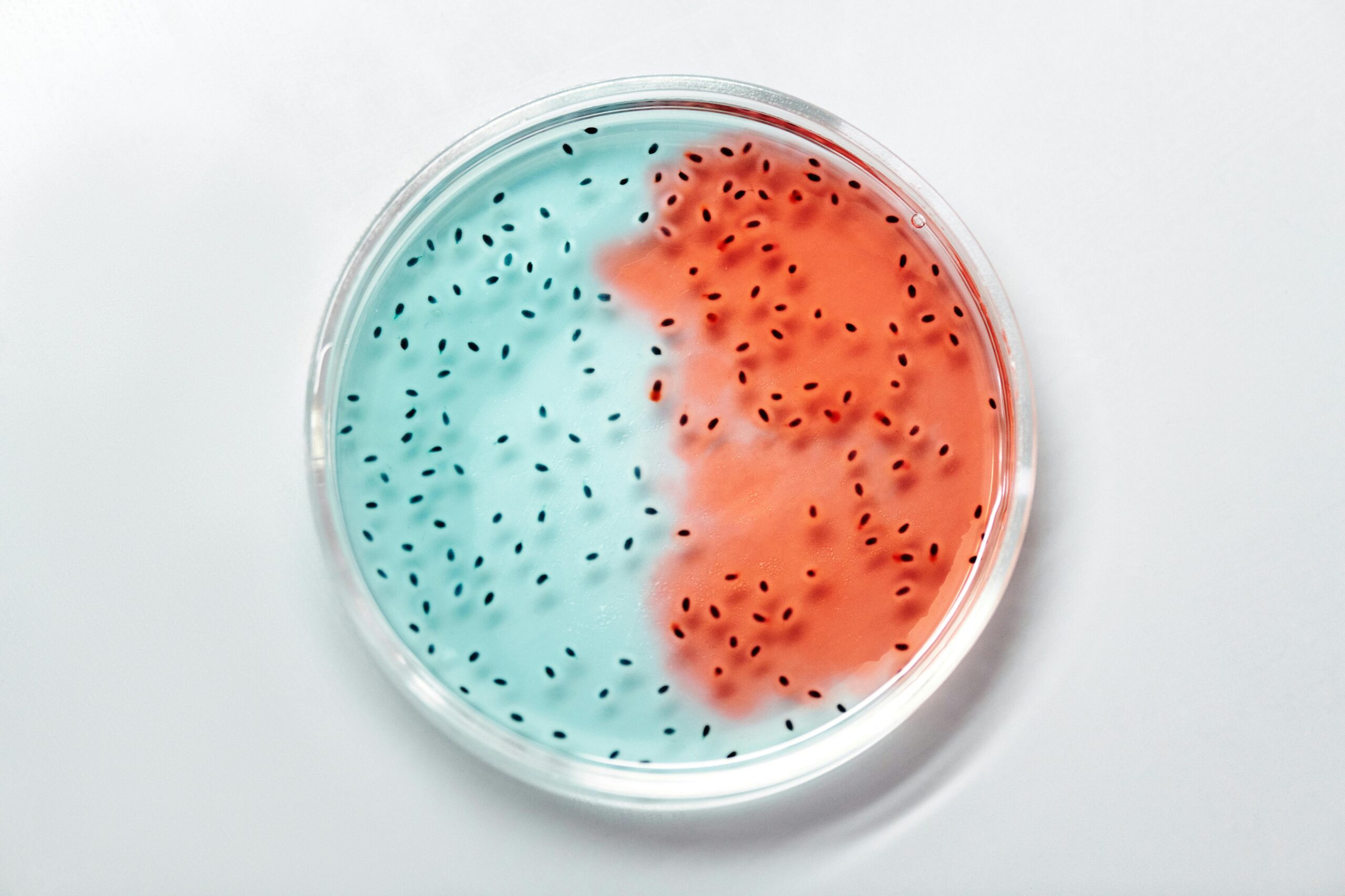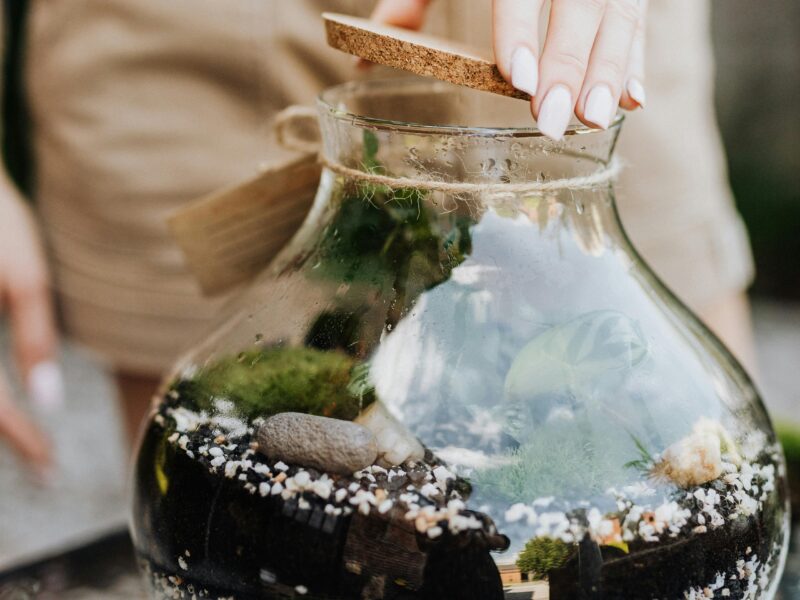When most people think of gardening, they focus on seeds, sunlight, and water. But hidden beneath the surface lies one of the most important ingredients of a healthy garden: soil microbes. These tiny organisms—bacteria, fungi, protozoa, and more—are the “secret sauce” that helps plants grow strong, resist disease, and yield abundant harvests. Understanding their role and learning how to nurture them can transform any garden into a thriving ecosystem.
What Are Soil Microbes?
Soil microbes are microscopic living organisms found in the dirt. They include:
- Bacteria: Break down organic matter, release nutrients, and support root growth.
- Fungi: Form networks that connect plant roots, helping them absorb water and minerals.
- Protozoa and Nematodes: Feed on bacteria and fungi, releasing nutrients back into the soil.
Together, these organisms create a soil food web, recycling nutrients and maintaining soil structure. Far from being “dirt,” healthy soil is alive with billions of microbes working in harmony.
Why Microbes Matter for Your Garden
- Nutrient Cycling
Microbes decompose organic matter—like fallen leaves and compost—into nutrients plants can absorb. Without them, soil would quickly become depleted and lifeless. - Plant Health and Immunity
Some microbes act like probiotics for plants. They form protective layers around roots, helping plants resist harmful pathogens. This natural defense reduces the need for chemical pesticides. - Soil Structure and Water Retention
Fungi produce sticky compounds that help bind soil particles together. This creates a crumbly structure that holds water well, reduces erosion, and allows roots to spread easily. - Increased Growth and Yield
With access to more nutrients and better root support, plants grow faster and produce bigger harvests. Studies show that gardens with healthy microbial populations outperform those with depleted soils.
How to Encourage Soil Microbes
- Add Organic Matter
Compost, leaf mulch, and aged manure provide food for microbes. Regularly adding organic material keeps the microbial population well-fed and active. - Avoid Overuse of Chemicals
Synthetic fertilizers and pesticides can disrupt microbial communities, killing off beneficial organisms. When possible, use organic alternatives or adopt integrated pest management. - Keep Soil Covered
Bare soil dries out and becomes inhospitable to microbes. Use mulch or cover crops to protect soil, regulate temperature, and maintain moisture. - Practice No-Till or Low-Till Gardening
Constantly turning the soil can disturb delicate microbial networks, especially fungal hyphae. Reducing tillage preserves these ecosystems and allows microbes to thrive. - Encourage Plant Diversity
Different plants support different microbes. By growing a variety of crops, you create a more resilient soil community that benefits the entire garden. - Use Microbial Boosters
Products like mycorrhizal fungi inoculants or compost teas can introduce or enhance microbial populations. While not always necessary, they can be useful for soils that have been heavily depleted.
Signs of Healthy Soil Microbes
You don’t need a microscope to know if your soil is alive. Signs include:
- A rich, earthy smell (thanks to a compound called geosmin produced by microbes).
- Dark, crumbly soil texture.
- High earthworm activity, since worms feed on microbes.
- Plants that grow vigorously with minimal added fertilizer.
Soil microbes may be invisible, but their impact on garden health is undeniable. They are the unsung heroes turning organic matter into nutrients, protecting plants from disease, and building soil that lasts. By feeding and protecting these organisms, you’re not just growing plants—you’re cultivating a living ecosystem.
The next time you add compost or mulch to your garden, remember: you’re not just nourishing your plants, you’re feeding billions of tiny helpers working tirelessly beneath your feet. That’s the true secret sauce of a thriving, sustainable garden.


